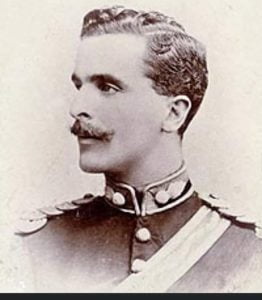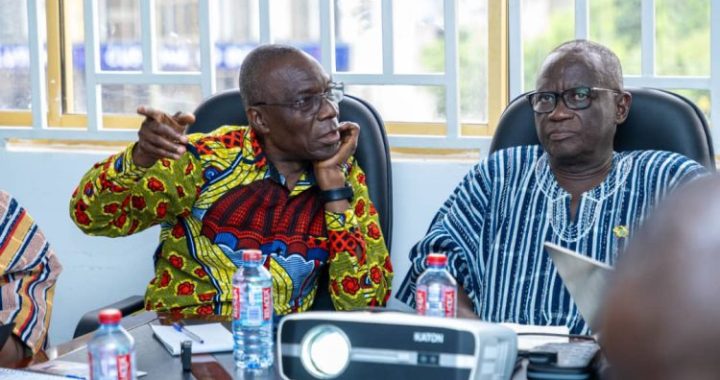Achievements of Sir Frederick Gordon Guggisberg
Brigadier-General Sir Frederick Gordon Guggisberg was born 20 July 1869
He was a senior Canadian-born British Army officer and British Empire colonial administrator.

He became an Army officer and came out to West Africa in 1902 to make a survey of the country.He work hard in Nigeria and became the Director of Public Works in the Gold Coast colony in the year 1914 but only for a few months because he had to return Europe to play a vital role in the Word War
He came back to Gold Coast as a Governor in 1919, focused to help the people under a colonial rule.
He was in office till 1927 and during his period of office as Governor, multiple development activities began to rise.
Indeed he is being considered as the best ever Governor Gold Coast had during colonial era
Among his most notable achievements are the construction and extension of railway networks in the country
He constructed Takoradi Harbour, which as a mode of exporting goods from the country as the same importing foreign goods.
Guggisberg also constructed pipe-borne water systems to supply water to Accra, Winneba, Sekondi and Kumasi.
He also began a construction of a new line from Kade to Huni valley to serve the cocoa and timber areas of the central province. By the time of his departure, 128 km of this line had been completed. Altogether, Guggisberg added 168 km of railway to the 430 km which existed in 1919.
He also saw the need for good education for the natives of the British Colony, and, therefore, put up what is now the Achimota Senior High School, then Achimota College, to train local education instructors with Rev.A J Fraser as Principal and Dr James Aggrey as Vice Principal
In 1927 he appointed 35 new Africans to add to the 3 who held such position in 1919. However, none of these were appointed to the position in the political service that is considered such post as too important to be given to Africans. He was prepared to appoint Africans only to posts in the technical departments like medicine, the judiciary, agriculture, forestry and education.
In the political field too, he introduced the elective principles in his 1925 constitution which was named after him. It was a new constitution which came to replace the 1916 Clifford nstitution. This constitution allowed the local people a greater measure of political say than before. For the first time.
His contribution to the economic, political and social development of Ghana is unparalleled in the history of Ghana; and many have described him as the best leader Gold Coast/Ghana has ever had.
He was transferred to British Guiana in 1927, but his activities were cut short by ill-health and he subsequently resigned in 1929. He died at Bexhill-on-Sea in April, 1930 at the age of 60.
Send Stories | Social Media | Disclaimer
Send Stories and Articles for publication to [email protected]
We Are Active On Social Media
WhatsApp Channel: JOIN HERE
2024 BECE and WASSCE Channel - JOIN HERE
Facebook: JOIN HERE
Telegram: JOIN HERE
Twitter: FOLLOW US HERE
Instagram: FOLLOW US HERE
Disclaimer:
The information contained in this post on Ghana Education News is for general information purposes only. While we endeavour to keep the information up to date and correct, we make no representations or warranties of any kind, express or implied, about the completeness, accuracy, reliability, suitability or availability with respect to the website or the information, products, services, or related graphics contained on the post for any purpose.




 I’m looking for land to build a free school in Liberia — Michael Blackson
I’m looking for land to build a free school in Liberia — Michael Blackson  Minority demands full rollout of Tablet distribution in Senior High Schools
Minority demands full rollout of Tablet distribution in Senior High Schools  2024 GES Recruitment for College of Education Graduates: Application Details, Eligibility, and Deadline
2024 GES Recruitment for College of Education Graduates: Application Details, Eligibility, and Deadline  Ghana’s Education Ministry Responds to Alleged Poor Ranking in Legatum Prosperity Index
Ghana’s Education Ministry Responds to Alleged Poor Ranking in Legatum Prosperity Index